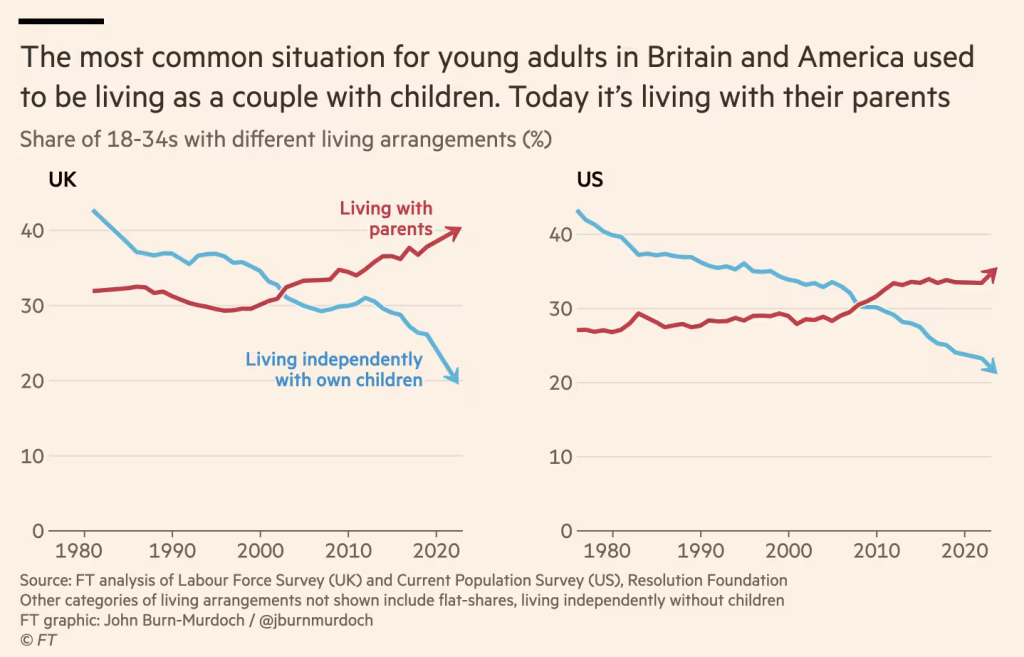How is God the one God of Israel and Father, Son, and Spirit? How does that make sense?
The answer involves the biblical description of God as Father, Son, and Spirit, whose relations distinguish each from one another (e.g, Son of the Father). Connected to this, the Bible also teaches that the Son and Spirit proceed from the Father.
Let me outline how the Bible speaks about God in these ways and before giving a formal explanation, so that you can get a handle on the doctrine of God in Holy Scripture.
[Read more…] about God: Two Processions, Four Relations, Three Persons


